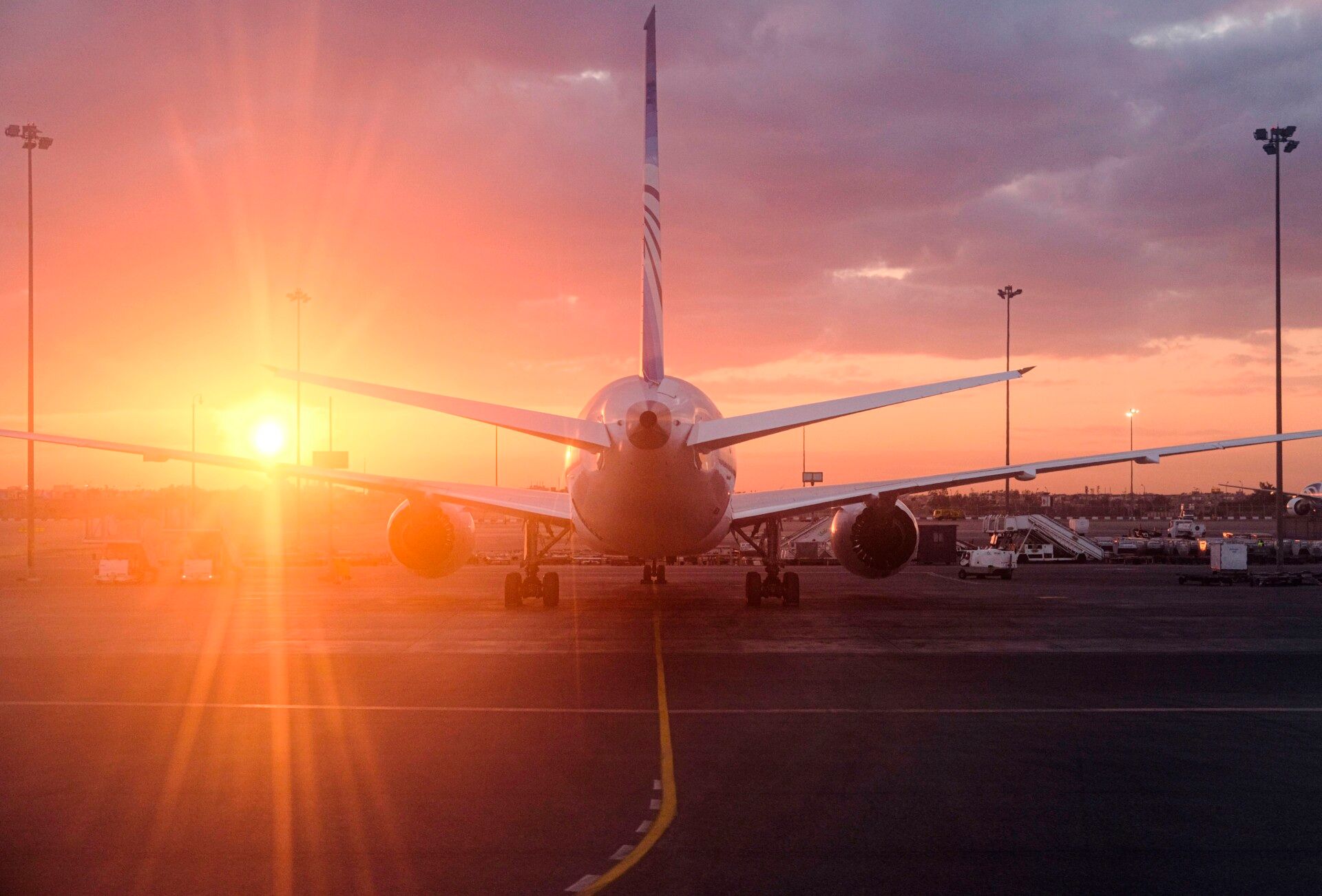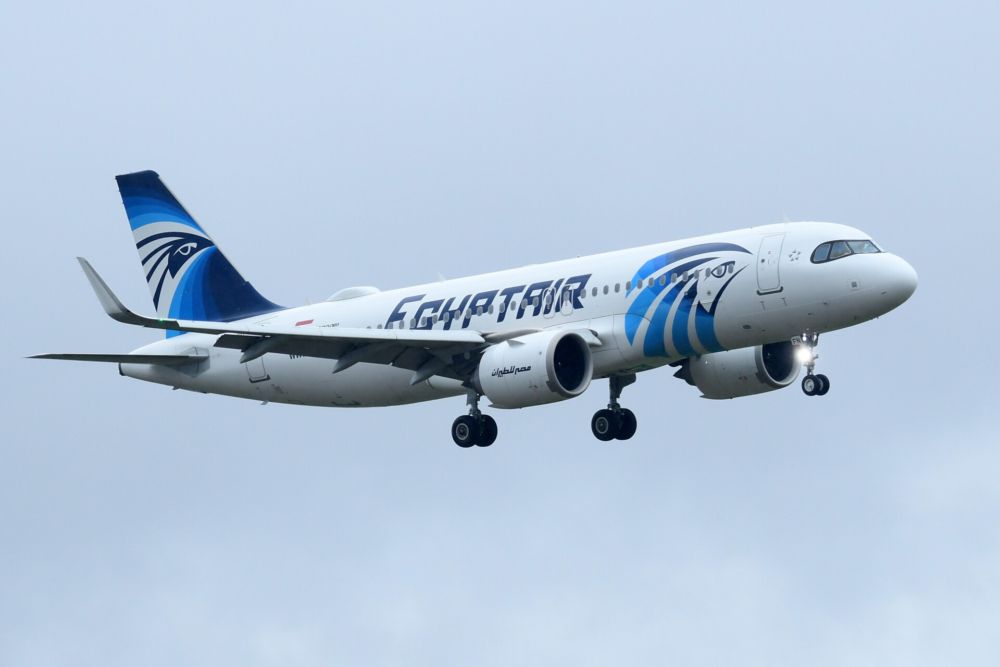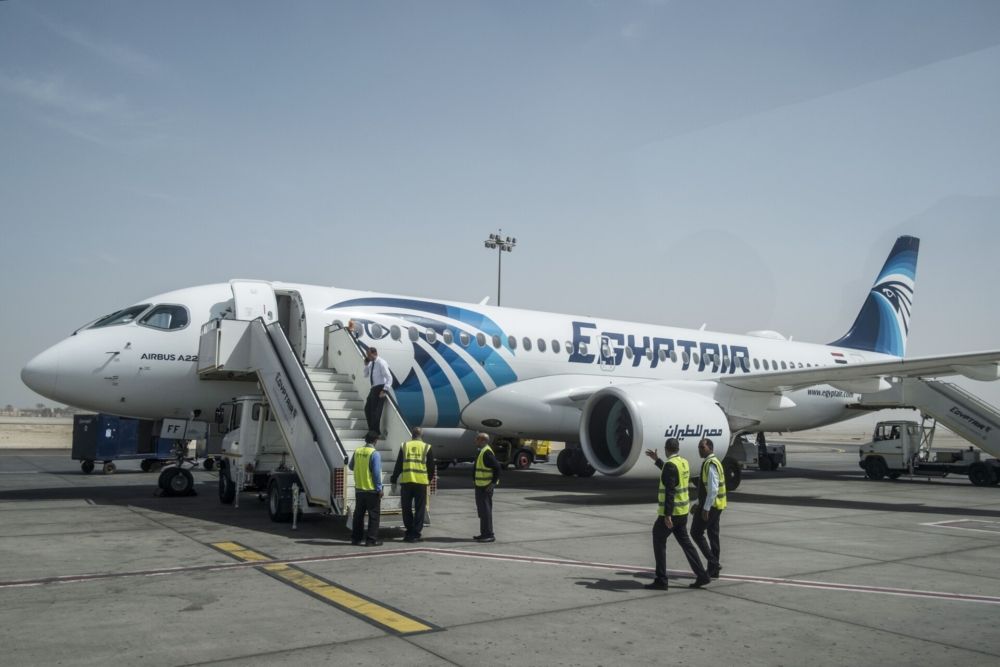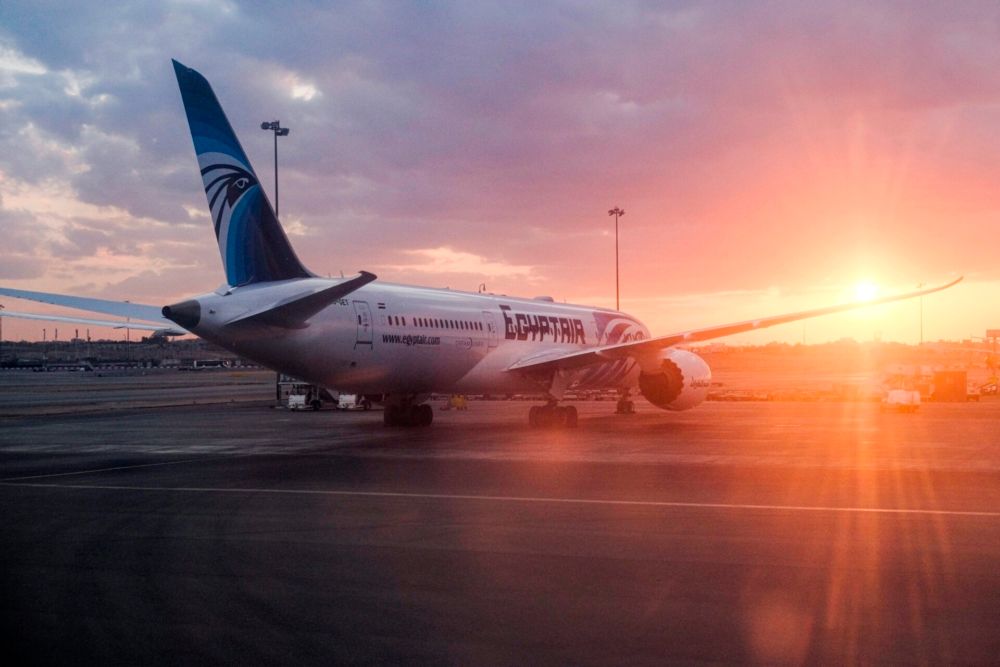Airlines across the globe have been ramping up sustainability initiatives in this next chapter of aviation. A carrier that has recently been vocal about its approach in this field is EgyptAir. Simple Flying caught up with the operator's chairman and CEO, Captain Amr Nabil, about his company’s activity.
The sustainability initiatives across regions such as Europe and North America are heavily promoted across the spectrum. For instance, airlines based in the European Union naturally highlight their targets amid governmental policies to cut down carbon output over the next few decades. However, operators across the continents are also keen to lower emissions. One such firm is North Africa’s EgyptAir.
A primary focus
The flag carrier of Egypt is determined to conduct its services with greater efficiency and operate alongside the United Nation’s Sustainable Goals. As a result, in 2019, the business set up a focused sustainability committee to ensure environmental targets were a core part of its services.
Notably, in July 2019, a delivery flight of an EgyptAir Boeing 787-9 from Everett, Washington to Cairo, Egypt set a record for the longest flight utilizing sustainable aviation fuel (SAF). This move set the standard for the company in the 2020s.
“EgyptAir is launching many awareness activities about its initiatives for sustainability such as the operation of the longest flight powered by 30/70 blend of Sustainable aviation fuel and conventional kerosene. At EgyptAir, we are committed to the sustainable development of the industry in conducting our business. Our fleet modernization plan contributed to reducing our fuel consumption by 20% and decreasing our total CO2 emission,” Captain Nabil told Simple Flying.
“Collaborative initiatives have been conducted among the stakeholders of the holding group to promote sustainable practices within our supply chain. We are rapidly advancing in new practices, investing in technology and innovative solutions to enhance our environmental performance. EgyptAir further applies special discounts to its customers with special abilities whether on the international or domestic routes.”
Fleet overhauls
The airline’s aircraft will play a significant role in the sustainability mission. Updating the fleet has been a priority for the company in recent years, with a plethora of new additions to the fleet. 12 fresh Airbus A220s have joined the fold since 2019. Moreover, EgyptAir's eight A320neos hold an average age of just 1.8 years. They are going to be joined by seven new A321neos from 2022.
It’s not only narrowbodies that are driving aircraft efficiency. The carrier holds six Boeing 787-9 in its extensive widebody fleet and is expecting two more Dreamliners to arrive over the next couple of years. Along with reducing fuel usage by approximately 20% over previous generations, the family can bring 60% lower noise emissions.
Stay informed: Sign up for our daily and weekly aviation news digests.
Working together
Overall, EgyptAir shares that it is practicing sustainable initiatives throughout its supply chain. It wants to drive best practices not only within the company but also alongside its partnerships. With a clear focus throughout the market, stakeholders such as manufacturers, airports, governments, and customers will all be playing their part in the goal for a net-zero ecosystem by the middle of this century.
What are your thoughts about EgyptAir’s focus on sustainability? What do you make of the carrier’s overall initiatives? Let us know what you think of the airline and its operations in the comment section.




